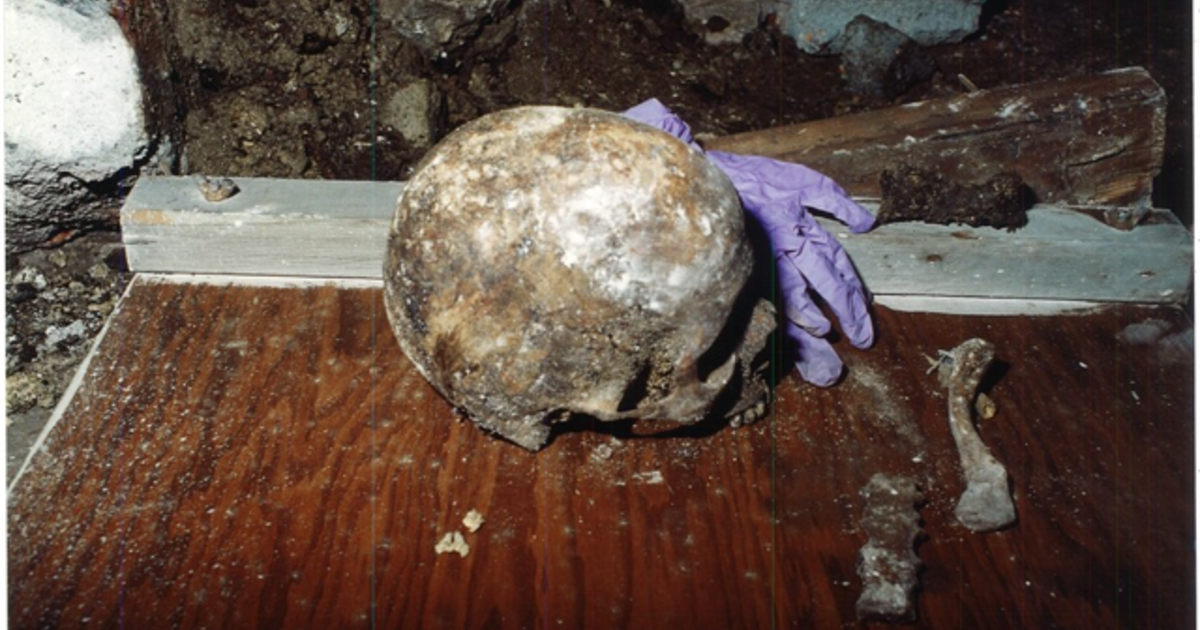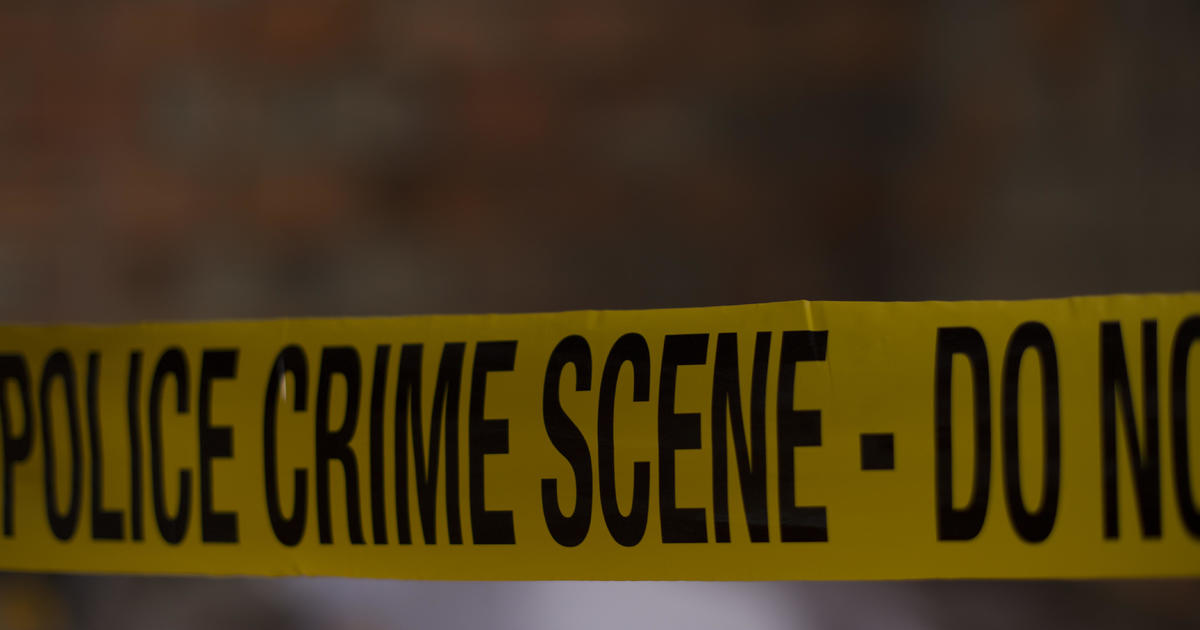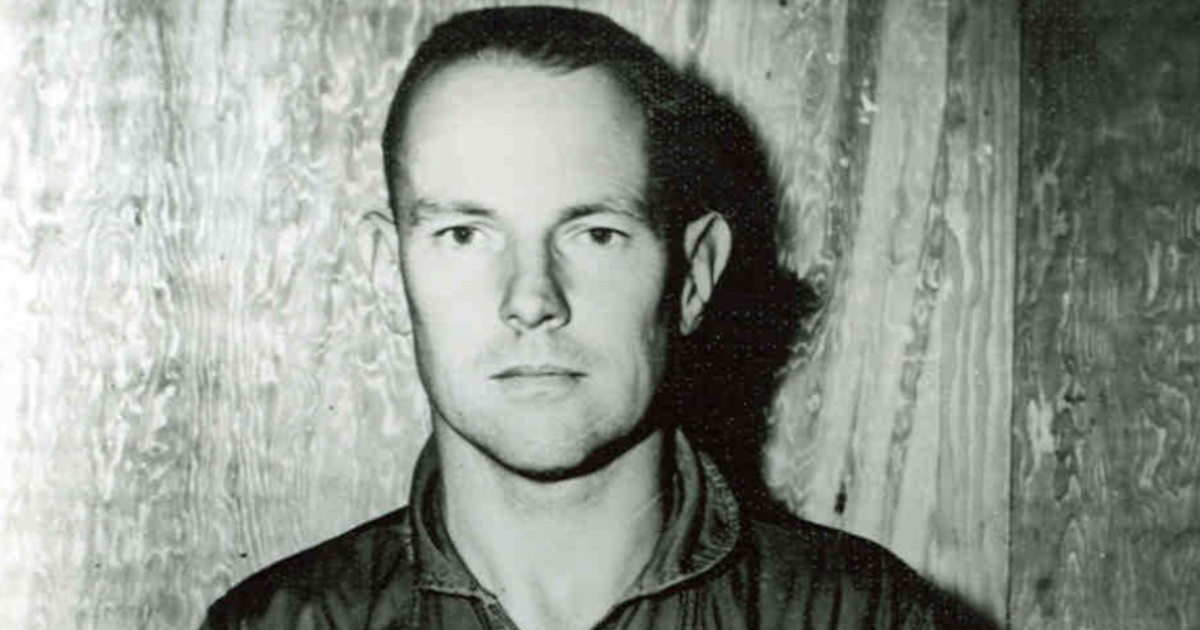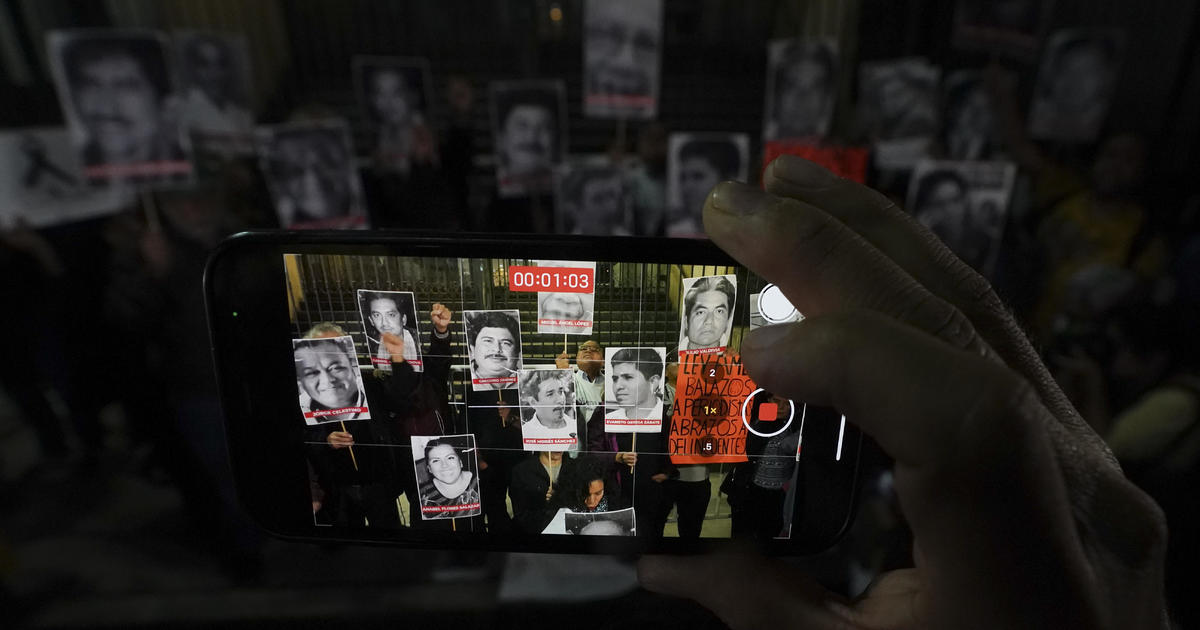1980 cold case murder victim identified as Marine who served in Vietnam after investigation takes "twists and turns"
The remains of a murder victim whose body was first discovered decades ago in northern Florida has now been identified, authorities said, thanks to advanced DNA testing and forensic genealogy.
William Irving Monroe III, a United States Marine who served in Vietnam, was identified more than 43 years after a sheriff's deputy found him dead and partially buried in a hole in December 1980 in Pomona Park, a town about 60 miles of Gainesville, said Putnam County Sheriff Homer "Gator" DeLoach during a news conference on Friday.
"This story has taken on a number of twists and turns in a matter of months," DeLoach told reporters.
The victim was originally determined to be a white man standing about 5 feet 6 inches tall by the medical examiner who evaluated the body. He had sustained a gunshot wound to the neck, blunt force trauma to the chest and had a hairline fracture at the base of his skull, said DeLoach. Although the case was investigated from the start as a homicide, authorities were not able to make much headway until recently because they could not pin down Monroe's identity, even after collecting hair and skin samples while gathering evidence. Authorities never identified a potential suspect or suspects in the killing.
A father of two whose ex-wife lived and raised their children in Pomona Park, Monroe was last seen alive on Nov. 15, 1980. He is believed to have died two or three weeks before his body was found , according to Othram, Inc., the laboratory specializing in forensic genealogy that eventually worked with Putnam County law enforcement to identify him.
Monroe was last seen by a convenience store clerk who later told authorities that he had been in her store, the sheriff said. About three days before his disappearance, a driver for Simmons' Labor Camp, a farm in Pomona Park, said he had picked up a man in Orlando whose physical description and clothing matched Monroe's to work at the farm. The driver told investigators that he had picked up the man along with three other people, and he thought the man now believed to be Monroe had wandered off of the property.
Authorities said they believe Monroe was living in Orlando around the time of his death and may have been in Pomona Park because his ex-wife and children were living there. He had ties to Putnam County, with speeding tickets confirming he had been in that area throughout the decade leading up to his murder. But Monroe had not been in contact with family members for some time when he died in 1980, and relatives were unaware of his whereabouts, the victim's brother, Richard Monroe, told the Putnam County Sheriff's Office. There was no record of Monroe, either, after 1979, the sheriff said.
A break in the investigation came in 2023, when Captain Chris Stallings, with the sheriff's office, was reviewing cold cases and resubmitted evidence samples collected back in 1980 to Othram, Inc., for testing. Those tests allowed authorities to connect with Monroe's relatives, and it was his brother, Richard, who agreed to the final DNA test that helped confirm the victim's identity.
"While this is an exciting moment for us, we also recognize that it is a bittersweet moment for the family," said DeLoach at Friday's briefing. "For years, they were working under the assumption that their brother and father had been missing, and perhaps had been murdered, down in the Virgin Islands. We now know unequivocally that is not the case."
DeLoach acknowledged that the identification of Monroe's remains "may be just another piece in the puzzle" as authorities continue efforts to identify his killer, but he said the break will at least allow the victim's family closure and the opportunity to properly memorialize him.
The Putnam County Sheriff's Office has asked that anyone with information potentially related to Monroe's case report what they know to Stallings and his investigative team. People can report tips anonymously through the local Crime Stoppers hotline, which is offering a reward for information, according to DeLoach. He said Crime Stoppers could provide more details about the reward.



